Coordinating Minister for the Economy and Minister of Finance Ngozi Okonjo-Iweala has responded to former CBN governor Charles Soludo's article titled Buhari Vs Jonathan: Beyond the election, where he criticized the presidential economic team (read here). NOI's response below...
1. For anyone who has not read Professor Charles Soludo’s article on January 25 2015, I would encourage them to do so. It is littered with abusive and unbecoming language. It shows how an embittered loser in the Nigerian political space can get so derailed that they commit intellectual harakiri by deliberately misquoting economic facts and maliciously turning statistics on their head to justify a hatchet job. We hope all the intellectuals in the international circles in which Professor Soludo has told us he flies around in will read what a Professor of Economics has chosen to do with his intellect.
2. In this one article Soludo has shamelessly pandered to so many past leaders that Nigerians are asking one more time – what position is Soludo gunning for now? He claims in his article that he has had his own share of public service, yet he has failed twice in his attempts to be Governor of Anambra State and Vice Presidential candidate of various parties. There is definitely an issue of character with Prof. Charles Soludo and his desperate search for power and relevance in Nigeria. Nigerians should therefore beware of so-called intellectuals without character and wisdom because this combination is fatal.
3. But let us turn to the main subject of Soludo’s discourse. So much of what is written is outright nonsense and self-seeking aggrandizement that need not be dignified with a response. It is totally remarkable that Professor Charles Chukwuma Soludo, the man who presided over the worst mismanagement of Nigeria’s banking sector as Governor of the Central Bank of Nigeria between May 2004 and May 2009, can write about the mismanagement of the economy.
4. Nigerians must be reminded of his antecedents as CBN Governor, and even prior to that, as the Chief Economic Adviser to the President. The consolidation of the banking sector was a good policy idea of the Obasanjo Administration but Soludo went on to thoroughly mismanage its implementation leading to the worst financial crisis in Nigeria’s history. So what did Soludo do?
5. After consolidation, the regulatory functions of the Soludo-led CBN were very poorly exercised. As Governor, he failed to adequately supervise and regulate the now larger banks – an anomaly in Financial Sector Supervision. In fact as every Nigerian knows, in his time there was very little separation between the regulators and the regulated which is a violation of a key requirement of Central Banking success. This led to infractions in corporate governance in many banks as loans and other credit instruments running to hundreds of billions of naira were extended to clients without following due process, and several of these loans could not be paid back. This massive accumulation of bad debts or non-performing loans as they are called in the banking sector meant that our banks were ill-positioned to deal with the global financial crisis when it hit.
6. In fact, the banking sector was brought to its knees and required a massive bailout by Nigerian tax payers. This bailout was done by his successor (now Emir of Kano) who cleaned up all the bad debts and transferred them to the newly-established AMCON, from where they are managed today. So let it be noted for the record books that Soludo’s single-handed mismanagement of the banking sector led to an incredible accumulation of liabilities that will cost tax payers about N5.67 trillion (being the total face value of AMCON-issued bonds) to clean up. Let it be noted also that this amount, which is more than the entire Federal Government 2015 Budget, constitutes the bulk of Nigeria’s “contingent liabilities” mentioned in Soludo’s article. It is only in Nigeria where someone who perpetrated such a colossal economic atrocity would have the temerity to make assertions on public debt and the management of the economy.
7. Let us now look at some of the points he makes. Luckily, Soludo has told us that he has been busy travelling internationally, hobnobbing with his global partners. It is obvious from this article that from the rarefied heights at which he is flying he is completely out of touch with what is happening with the management of this economy. Take his comments on the mismanagement of the economy and the imposition of the austerity measures. The present fall in oil prices, a global phenomenon over which Nigeria has no control, has given every charlatan the opportunity to attack the economy, and by extension the managers of the economy
8. It is true that the economy grew well during the second-term of former President Obasanjo as a result of the reforms supported by the President and implemented by the Economic Management Team. Please note that the Finance Minister under whose leadership that good performance took place, including massive unprecedented debt relief, is still Finance Minister today. But thorough examination of the facts on performance under the Jonathan Administration will also reveal that at a time when global economic performance was mediocre, with GDP growth averaging about 3 percent per annum, Nigeria’s GDP growth – averaging about 6 percent per annum – is indeed remarkable. Even more interesting is the fact that the oil sector did not drive this economic performance but the non-oil sector (Agriculture, Manufacturing, Telecommunications, the Creative Economy, and so on), which shows that the current Administration’s diversification objective under the Transformation Agenda is working. Transformation equals diversification
9. This current government managed to control inflation, which he Soludo, was not able to do during his time at the helm of monetary policy in Nigeria. When he left the Central Bank in 2009, inflation – which hurts the poor and vulnerable in the society the most – was above 13 percent per annum. Now, inflation is at single-digit, at 8 percent per annum. What about exchange rates? Well this administration again managed to stabilize the naira exchange rates, such that between May 2011 and the end of 2014, official exchange rates against the dollar rarely moved out of the N153 to N156 band. It is only with the recent dramatic fall in oil prices and the consequent impact on our foreign reserves that the exchange rate has become quite volatile. The drop in oil price has been heavy and rapid impacting all oil producing nations significantly. Nigeria is no exception and appropriate fiscal and monetary policy measures are being put in place to manage this situation.
10. In fact, history will recall that careless remarks by Prof. Soludo (then Chief Economic Adviser to the President) hypothesizing a possible naira devaluation, condemned the naira to a free fall towards the end of 2003. Ray Echebiri, in his 2004 article in the Financial Standard, wrote that not even the assurances given by the then CBN Governor, Mr. Joseph Sanusi or President Obasanjo that any plans to devalue the naira existed only in the head of Professor Soludo could halt the fall of the naira from N128 to the dollar in the official market to about N140 between September and December 2003.
11. It is true that our foreign reserve accumulation is less than what it should be but the reason for this has been fully given, not as excuses but simply as fact: lower oil production and crude oil theft along with the refusal to save in the Excess Crude Account (ECA) are the reasons. Contrary to what Soludo said, oil production under President Obasanjo was higher than current levels. Quantities produced averaged 2.4 million bdp, 2.22 million bpd, and 2.21 million bpd in 2005, 2006, and 2007 respectively but has declined now to between 1.95 and 2.21 million bdp due to vandalism of the pipelines and the resulting “shut-ins” to fix the problem. It is true that had production been at the previous levels and had there been willingness to save we would have had more money in the ECA and also in the reserves. But the overriding setback to savings is that the State Governors felt it was their constitutional right to share the money. Please recall that even as we speak the States have taken the Federal Government to the Supreme Court on this issue
12. Soludo’s claim that 71 percent of Nigerians live below the poverty line is misleading and disingenuous. He uses 2011 statistics on poverty by the NBS to support his argument while ignoring more recent figures. But as stated in the Nigeria Economic Report 2014 by the World Bank, poverty rate in Nigeria has dropped from 35.2 percent of population in 2010/2011 to 33.1 percent in 2012/2013. By the way, the reason why our poverty numbers have been so wrong is that the National Bureau of Statistics (NBS), under Soludo’s supervision as CEA and Vice-Chair of the National Planning Commission, departed from the international standard method of poverty measurement. Is he now ignoring the right economic statistics to wilfully manipulate information?
13. No doubt we have a problem with unemployment in this country and we must deal with it. Indeed this Administration is dealing with it and stands proud of what it has accomplished so far and is pushing hard to accomplish much more. As a first step, the Administration, through the office of the Chief Economic Adviser to the President and the NBS, worked hard to determine how many jobs we need to create in a year. What you don’t measure you cannot make progress on. Why didn’t Soludo do this when he was CEA?
14. We need to create about 1.8 million jobs a year in this country to cater for the new entrants into the labour market, but we also need to deal with the backlog of the unemployed and the underemployed, e.g. those selling on the streets. Dealing with this global challenge of unemployment is not an easy task for any country, as can be seen from the experiences of developed countries particularly in the euro area. But the Jonathan Administration is making good progress, creating an average of about 1.4 million jobs per year by driving quality growth in key sectors like Agriculture, where the bulk of new jobs are being created, Housing, Manufacturing, Financial Services, and the Creative Industries like Nollywood.
15. In addition we have special programs to promote job creation among the youth and these include:
16. On the issue of debt, Nigerians deserve to know the truth and we have said it before. The truth is that the government borrowed in 2010 to pay an unprecedented 53.7 percent wage increase to all categories of federal employees as demanded by labour unions. The total wage bill rose from N857 billion in 2009 to about N1.4 trillion in 2010, and as a result, domestic borrowing increased from N200 billion in 2007 to about N1.1 trillion in 2010 to meet the wage payments. Where was Soludo at the time? Why did he not react to the borrowing then? Was it because he wanted to pander to labour in preparation for his political career?
17. It is noteworthy that since 2011, the Administration of President Goodluck Ebele Jonathan has been prudent with the issue of debt and borrowing. The Economic Management Team not only looks at debt to GDP ratio, where Nigeria has one of the lowest numbers in the world at 12.51 percent but it looks at debt service to revenues. That is why in spite of the rebasing and a larger GDP, the administration has taken a prudent approach to borrowing. The prudent approach helped to drive down domestic borrowing from N1.1 trillion in 2010 to N642 billion in 2014. In fact for the first time in our nation’s borrowing history we even managed to retire N75 billion of domestic bonds outright in 2013.
18. Despite the present tough situation, we do not plan to go on a borrowing spree but to keep borrowing modest at a level sufficient to help us weather the present situation. We have already ramped up efforts to generate more non-oil revenues for the government while cutting costs of governance. Therefore, Soludo’s claim that this Administration is reckless with debt does not hold true.
19. Since Soludo seems so ignorant to what has been achieved by the Jonathan Administration, let us present just a few examples of them here again. This information is easily verified.
· We are improving infrastructure across the country. For example, 22 airport terminals are being refurbished, and five new international airport terminals under construction in Lagos, Port Harcourt, Kano, Abuja, and Enugu. Soludo’s kinsmen in the South East now have an international airport in Enugu, and for the first time in Nigeria’s history can fly direct from Enugu to anywhere in world for which they are very grateful to this Administration. But with Soludo being up in the air with his international travels, he has not touched ground in the Southeast to observe this development for himself.
· Various road and bridge projects have either been completed or are under construction. Those completed include the Enugu – Abaliki road in Enugu/Ebonyi States, the Oturkpo – Oweto road in Benue State, the Benin – Ore – Shagamu highway, and the Abuja – Abaji – Lokoja dualization, and the Kano – Maiduguri dualization. The Lagos – Ibadan expressway and the Second Niger Bridge are under construction.
· Rail from Lagos to Kano is now functional, as is parts of the rail link between Port Harcourt and Maiduguri. All these have brought transport costs down. We recognise that more needs to be done in the power sector, but bold steps (like the privatisation of the GENCOs and DISCOs) have been taken, and our gas infrastructure is being developed to power electricity generation
· In Agriculture, over 6 million farmers now have access to inputs like fertilizers and seeds through an e-wallet system, which is more than the 403,222 that had access in 2011. Rice paddy production took off for the first time in our history, adding about 7 million MT to rice supply. An additional 1.3 million MT of Cassava has also been produced and as a result, the rate of food price increase has slowed considerably, according to the NBS.
· In Housing, we have put in place a new wholesale mortgage provider – the Nigerian Mortgage Refinance Corporation (NMRC) – to provide affordable mortgages to ordinary Nigerians, starting with those in the low-middle income bracket. This sector will help the economy grow as we tap it as an economic driver for the first time. Mortgage applications from 66,000 people are currently being processed and 23,000 have already received mortgage offers
· Our Manufacturing sector is reviving with new automobile plants by Nissan, Toyota, etc. This is in addition to the backward integration policy in key sectors like petrochemical, sugar, textiles, agro processing and cement, which Nigeria is now producing 39,000 MT and exporting to the region.
· The Creative sector is now a factor in our GDP, with Nollywood alone accounting for 1.4 percent, creating over 200,000 direct jobs and nearly 1 million indirect jobs. This is the first Administration to recognise its importance and support its further development with a grant program.
· A new bank – the Development Bank of Nigeria – will soon be operational and this bank will help bridge the access to finance gap, which is a major constraint for the private sector especially SMEs. The bank will provide long-term (5 – 10 years) financing at affordable rates for the first time in our nation’s history.
20. This is the path that the government has been on before this fall in oil prices. The response to the economic shock has been spelled out to the Nigerian public over and over again, and the Administration intends to focus on managing this crisis appropriately. This year will be difficult. To say anything less to Nigerians will be untruthful. It would have been better if there had been a bigger cushion of the Excess Crude Account to manage this situation but despite this the nation can rise to the challenge. More importantly, President Goodluck Ebele Jonathan and the Economic Management Team are seeing this as an opportunity to diversify the revenue sources of an already diversifying economy. In fact let me at this juncture use this opportunity to comment on Soludo’s appalling statement that rebasing brings no policy value. Rebasing has enabled us to better grasp the new diversified nature of our economy. This provides the basis for our present drive to support different sectors with appropriate policy instruments to enhance their development. Rebasing has also enabled the Administration to create the platform from which to drive our work on increasing non-oil revenues. These are areas of critical policy value.
21. Soludo mentioned the issue of the Economic Partnership Agreement with the EU, noting that this Administration has not been vocal or clear on its direction with this agreement. On the contrary, the Administration, particularly the Ministry of Industry, Trade, and Investment, has been clear on this issue but since Soludo has been in the air he probably has not been aware of this. Just recently, the Minister of Industry, Trade and Investment reiterated again to the corporate sector that Nigeria has not signed and does not propose to sign the EPA in its present form.
22. The point is that this government has been pursuing the right economic policies, and its efforts have been acknowledged nationally and internationally. Let me say that there are objective ways to measure performance. There are international institutions globally accepted to do this. They have acknowledged this Administration’s good economic management up to the recent crisis and even now.
23. We cannot go by someone’s subjective view, driven by bitterness and bile. We need to look to the truth and to professionalism. This is where Professor Soludo totally fails. For the other gratuitous, political, and personal attacks, we are sure that those mentioned will respond appropriately. It is a sad day for Nigeria and the economics profession that someone like Soludo, a former CBN governor should write such an article. If Soludo wants to regain respect, he should return to the path of professionalism. He certainly needs something to improve his image from that of someone whose sojourn into National Economic Management ended in disaster for the banking sector, his sojourn in politics, ended in overwhelming rejection by the electorate, and more recently, his sojourn abroad, has put him out of touch with the reality of the Nigerian economy.
Paul C Nwabuikwu
Special Adviser to the Coordinating Minister for the Economy and Minister of Finance

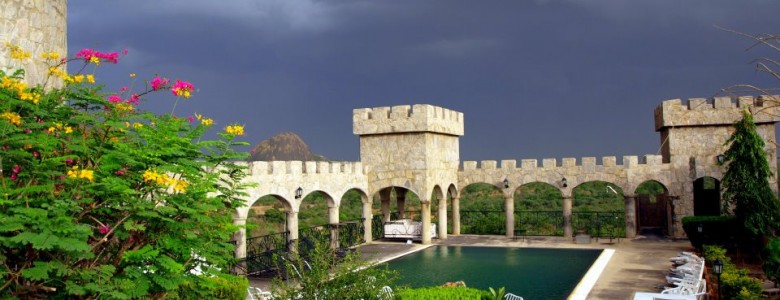
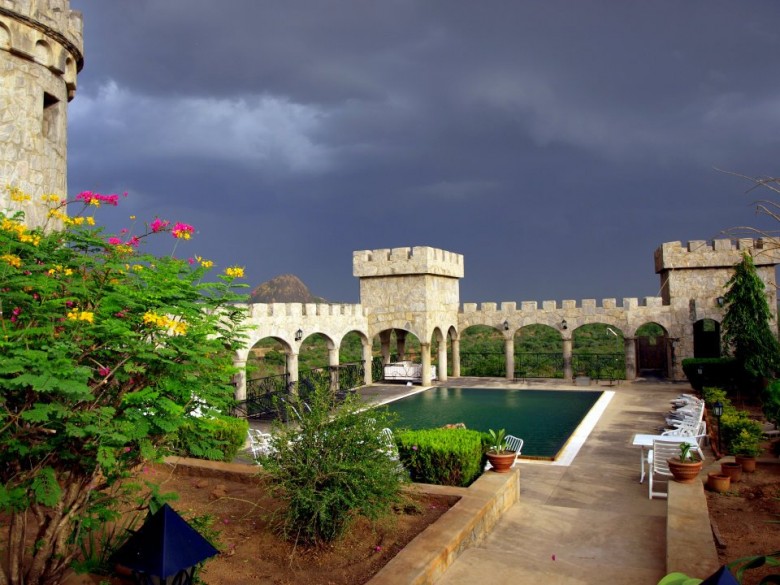
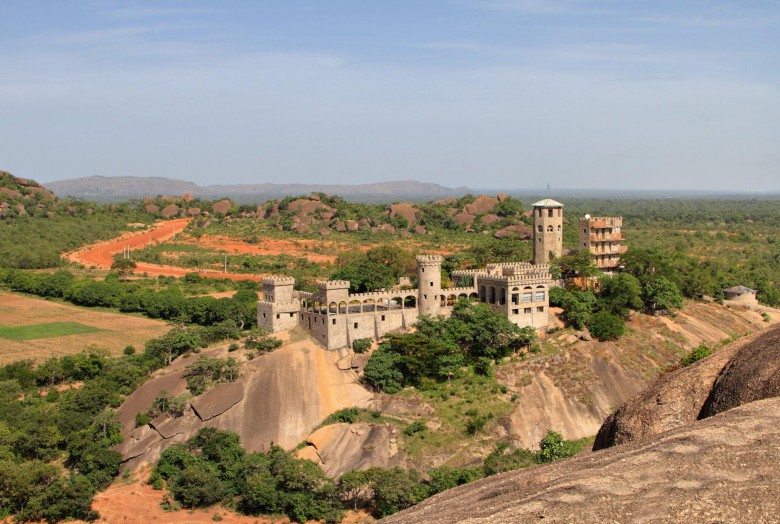

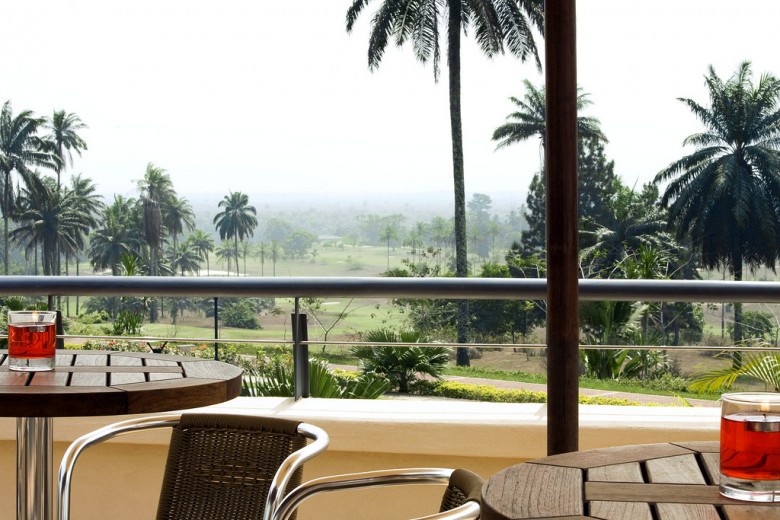
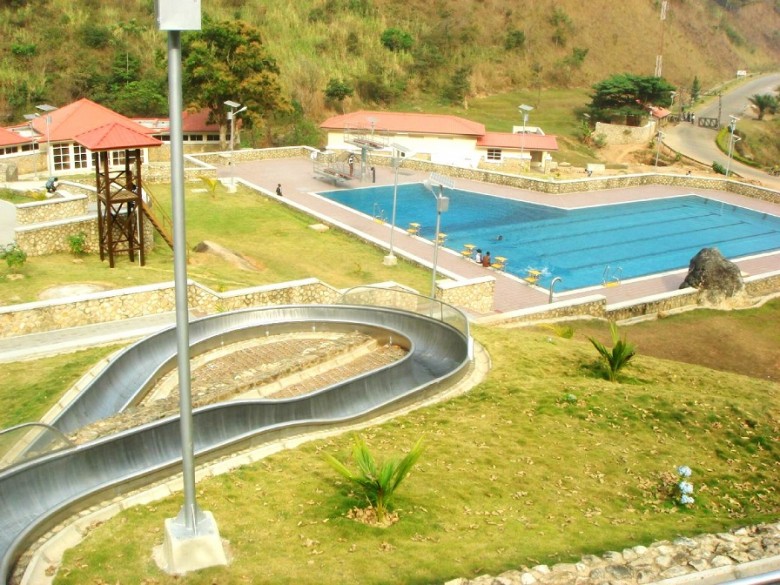
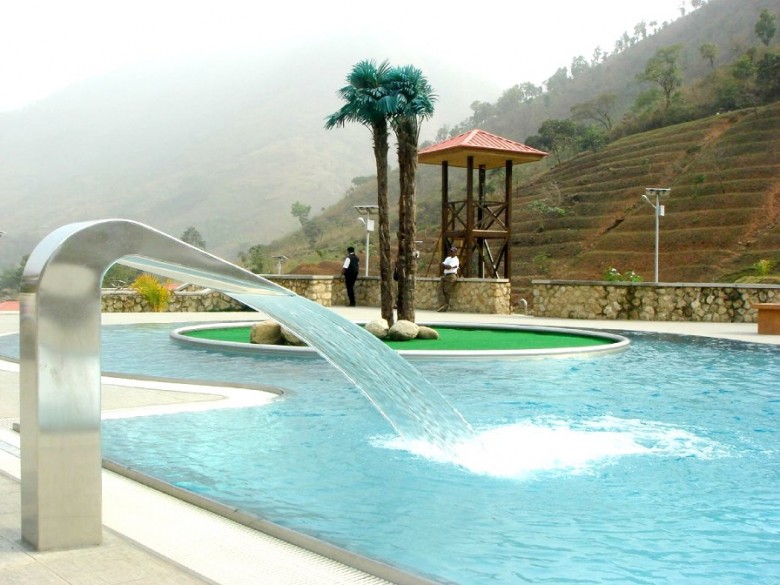
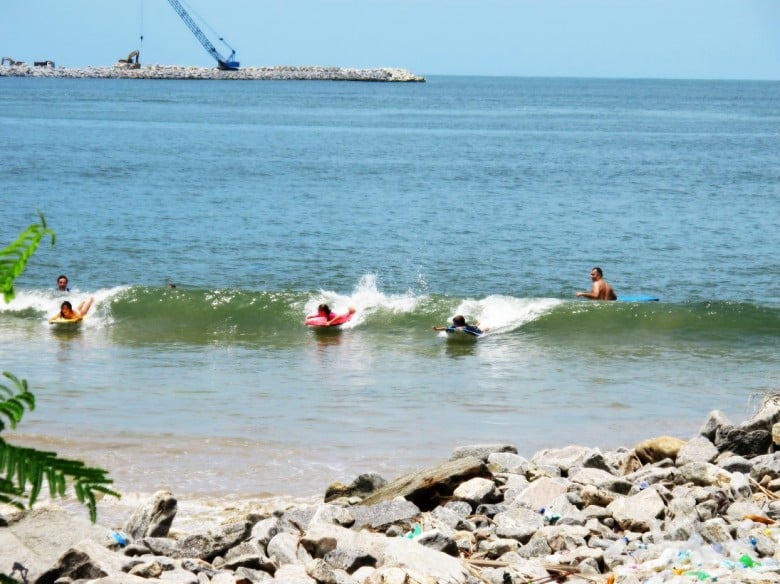
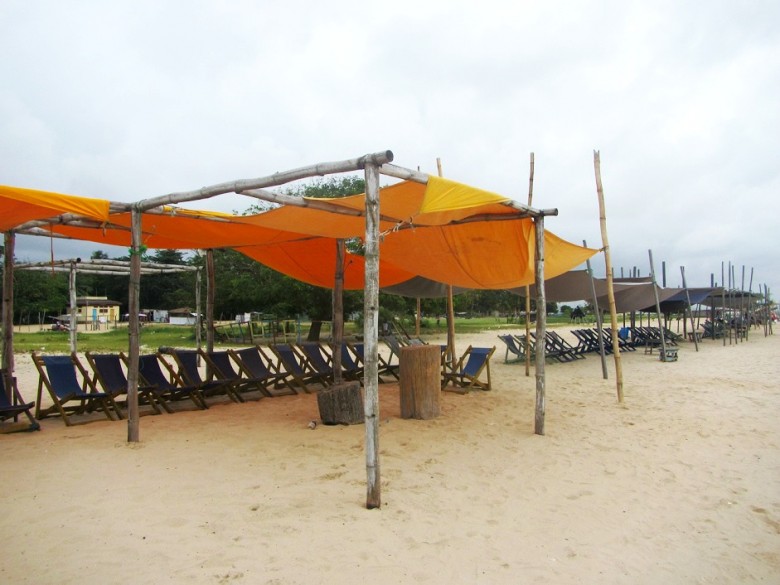
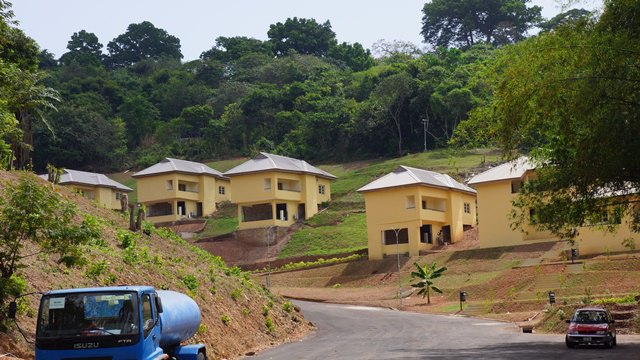
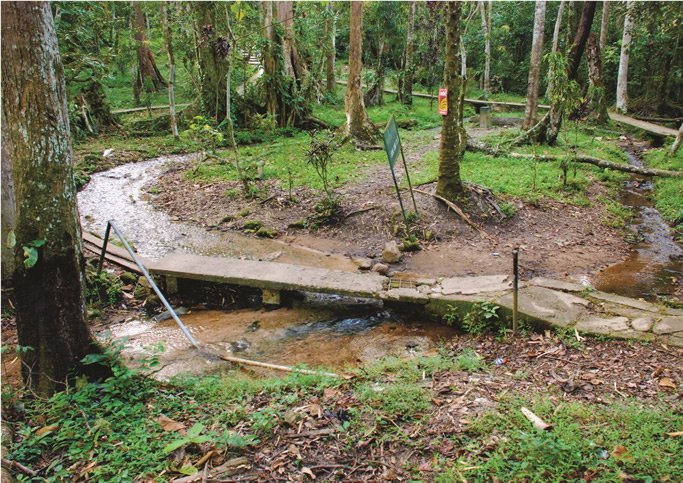
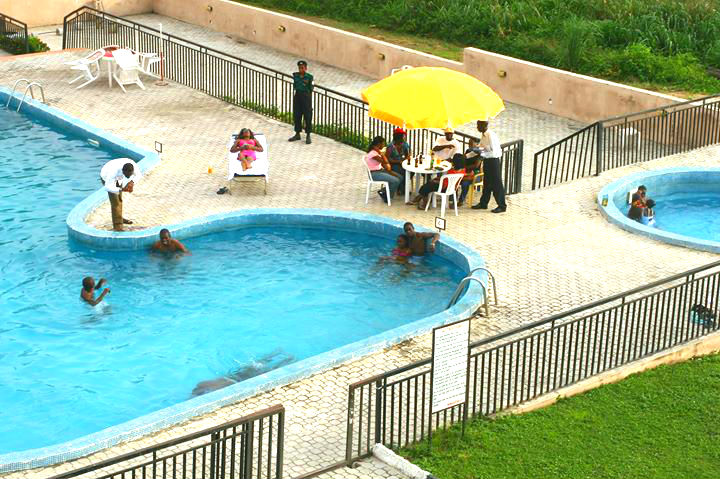



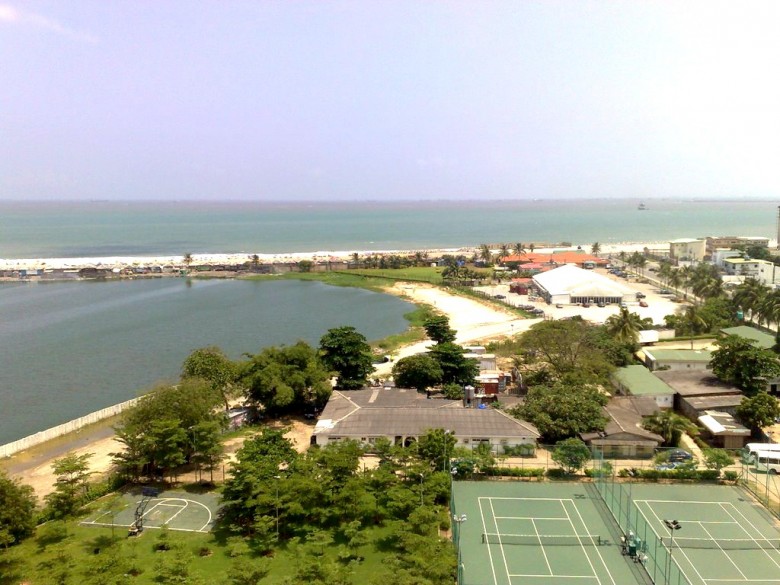
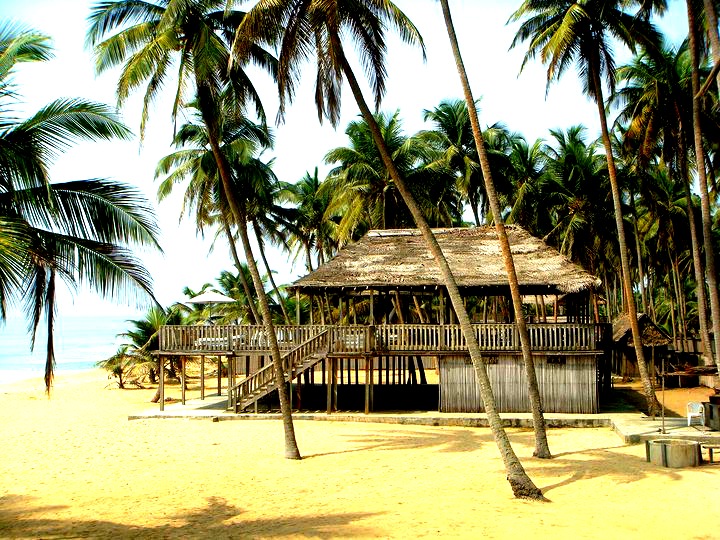
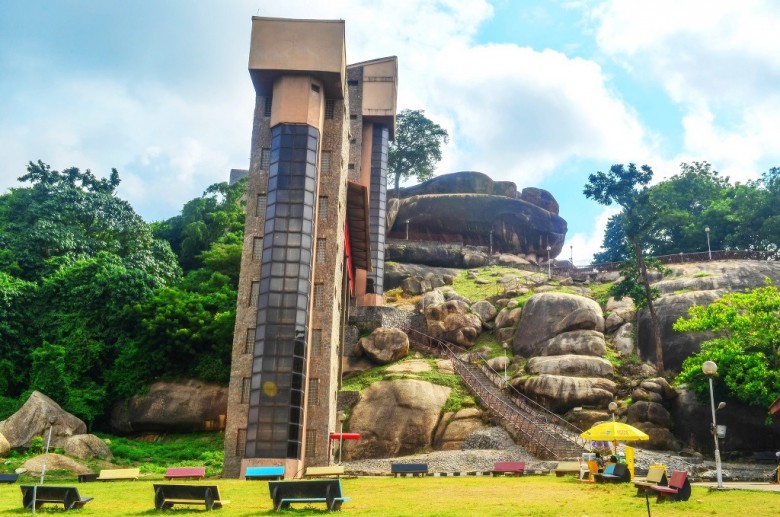
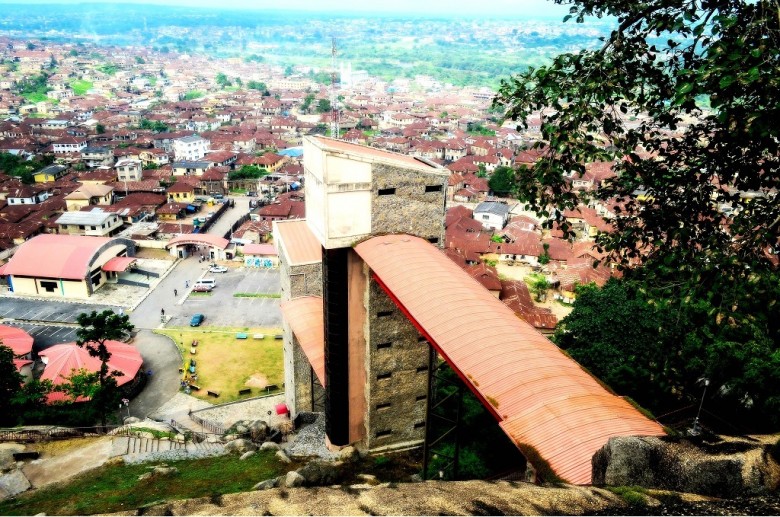
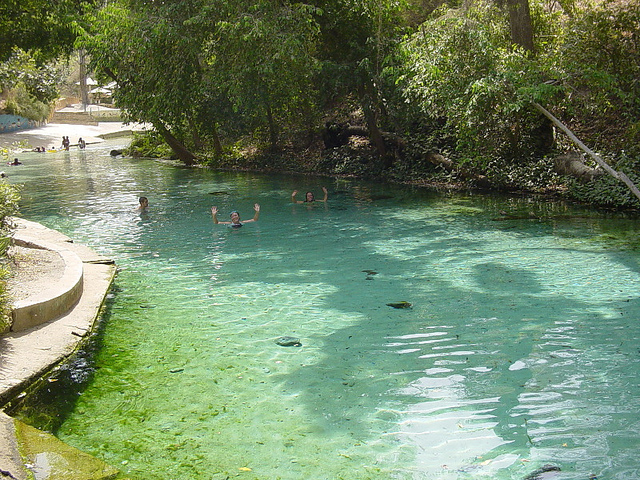
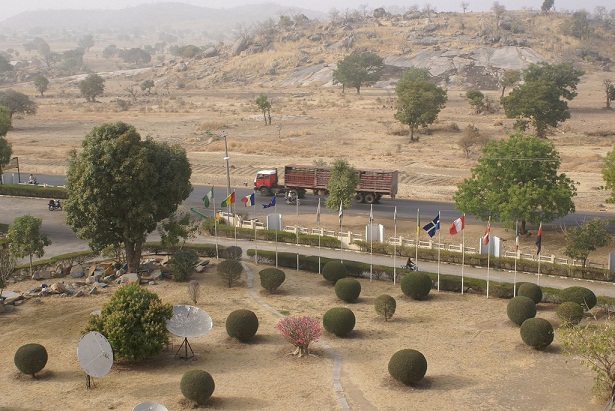


%2B%E2%80%A2%2BInstagram%2Bphotos%2Band%2Bvideos_20150128194146.png)





